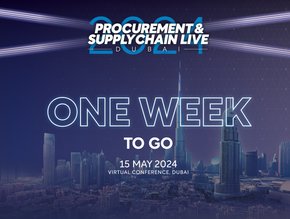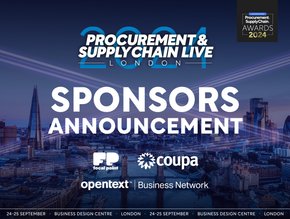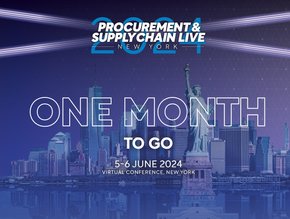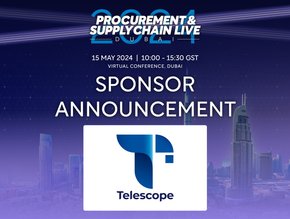In blockchain we trust: knowing the source of our daily bread

Consumers are increasingly taking ethical and environmental considerations into account when making food choices.
This demand calls on the FMCG industry to show where our food comes from, the conditions in which it has been created and processes used to bring it to our plate. This, along with more tight control of origin country when it comes to imports, means that businesses are faced with the growing need to achieve transparency in their food sourcing process.
With incidents like the 2018 romaine lettuce E.coli outbreak still fresh in the minds of the public, the need to build secure systems to trace products from farm to fork has never been so important. However, with food supply chains crossing multiple continents and many companies - from growers, to processors and packagers - making sure what comes out of the ground is what goes on your table is a huge challenge. Typically, food supply chain data is kept across many systems. This prevents food providers – not to mention consumers – from gaining a comprehensive overview of transactions.
Blockchain offers a solution to these challenges. The immutable and permanent trail of transactions held on blockchain systems are a welcome asset in the mission for transparency across complex supply chain ecosystems. Private, permissioned blockchain, where users are verified before they can join the network, provides a unique approach to security and privacy. This allows participants to share data without revealing highly sensitive information.
SEE ALSO:
Blockchain’s role in supply chain visibility could also create real-time risk mitigation. With blockchain, it would be possible to identify exactly where in a supply chain a corrupted batch of produce became contaminated, giving suppliers the opportunity to mitigate and manage risk from travelling further along the chain. This plays a particularly important role when it comes to food, where identifying contamination quickly can literally mean the difference between life and death.
When it comes to food, trust is vital. Again, blockchain can deliver. Permissioned blockchain is by far the most effective way to ensure the information stores can be trusted. Since blockchain has an in-built proof mechanism, data cannot be altered or tampered with, providing a single source of truth on the product’s history. With a full journey in sight, suppliers and retailers can take extra precautions over their data to improve product safety and reduce fraud.
As solutions come to the fore, one thing is clear: the goal for supply chains to have more integrity, inclusivity and interoperability is well underway. The aforementioned E. coli outbreak in 2018 spurred the FDA to encourage a more rapid adoption of technologies to detect water source problems and usage of blockchains to better trace food to the source to improve detection and resolution. Blockchain is poised to offer the FMCG industry its most valuable tool to transform the way we consume food and deliver meaningful insights as to where our food comes from.
Examples of Industry Projects
R3 have partnered with Ripe Technology, Inc. the innovative startup bringing blockchain to the food industry, to improve transparency and trust in food and agriculture supply chains through the digitization and enterprise adoption of blockchain. The cooperation will enable ripe.io to continue its mission to build long-lasting trust and confidence in the food supply chain through a platform where everyone will be able to access transparent and reliable information on the origin, the journey, sustainability and the quality of their food. Ripe.io are using blockchain to produce a real story of food with complete traceability that connects the many players involved in the processing chain.
For more information on procurement, supply chain and logistics topics - please take a look at the latest edition of Supply Chain Digital magazine.
Follow us on LinkedIn and Twitter.
By Charley Cooper, Managing Director at R3






